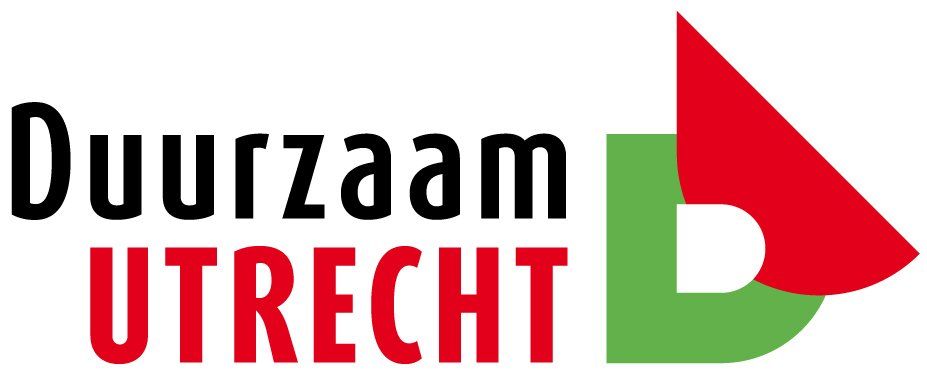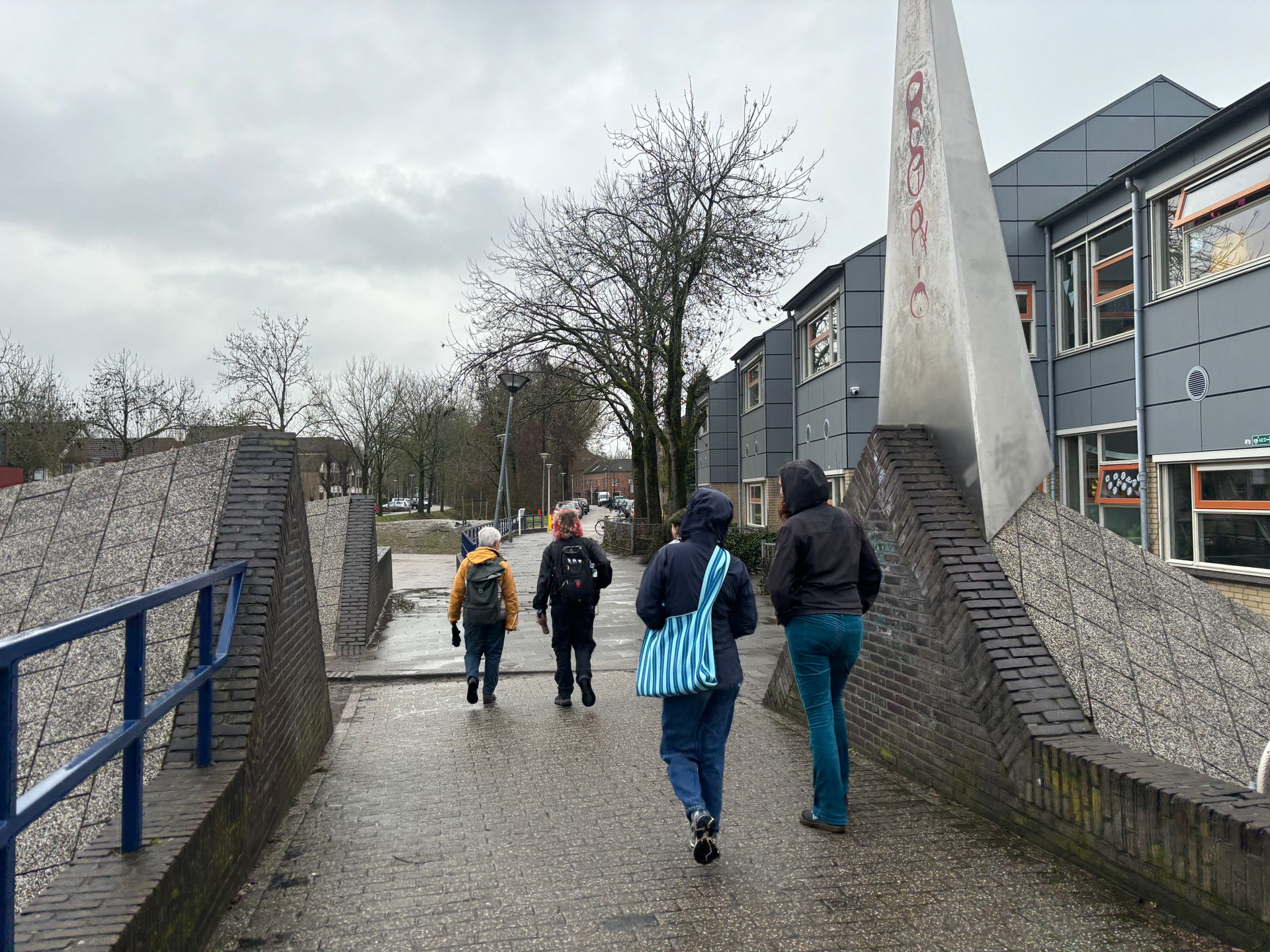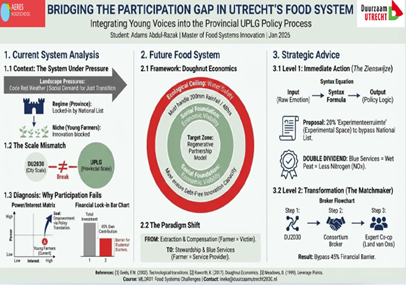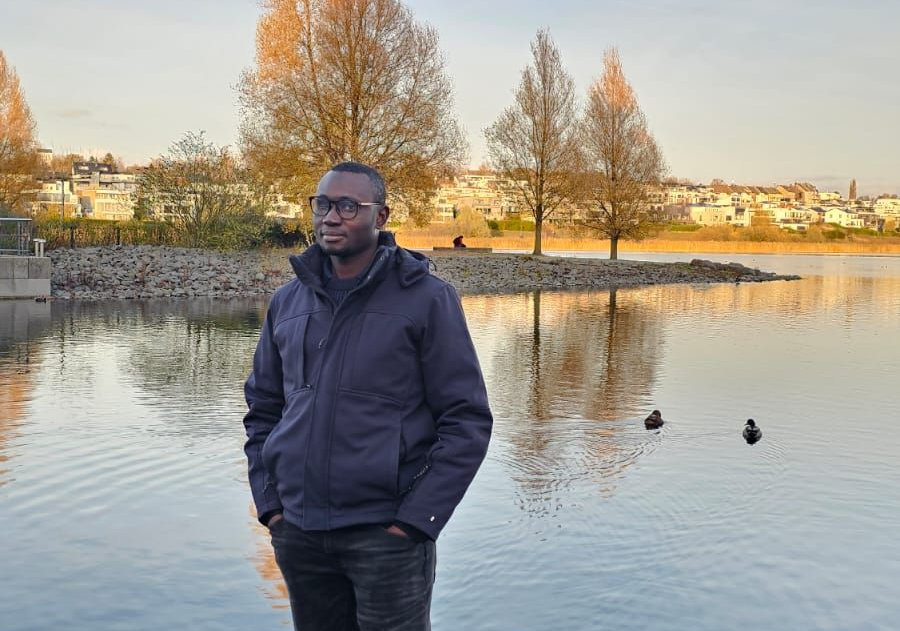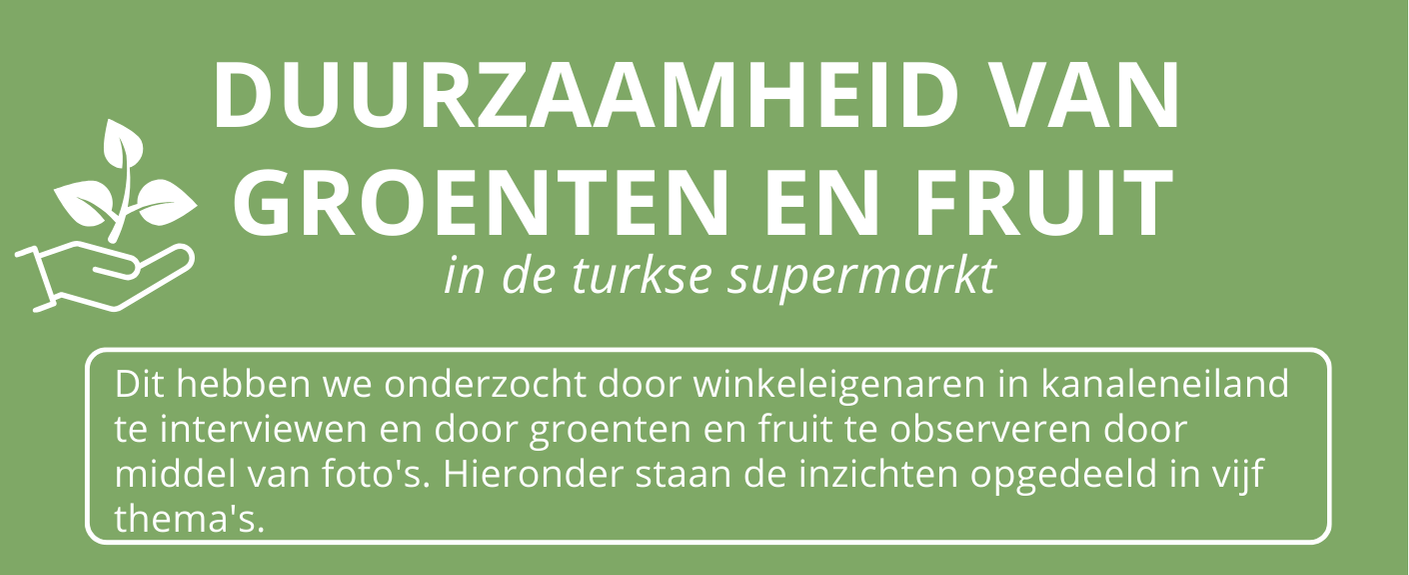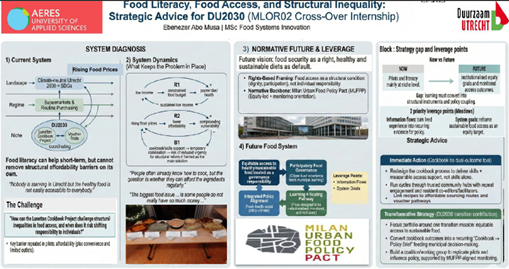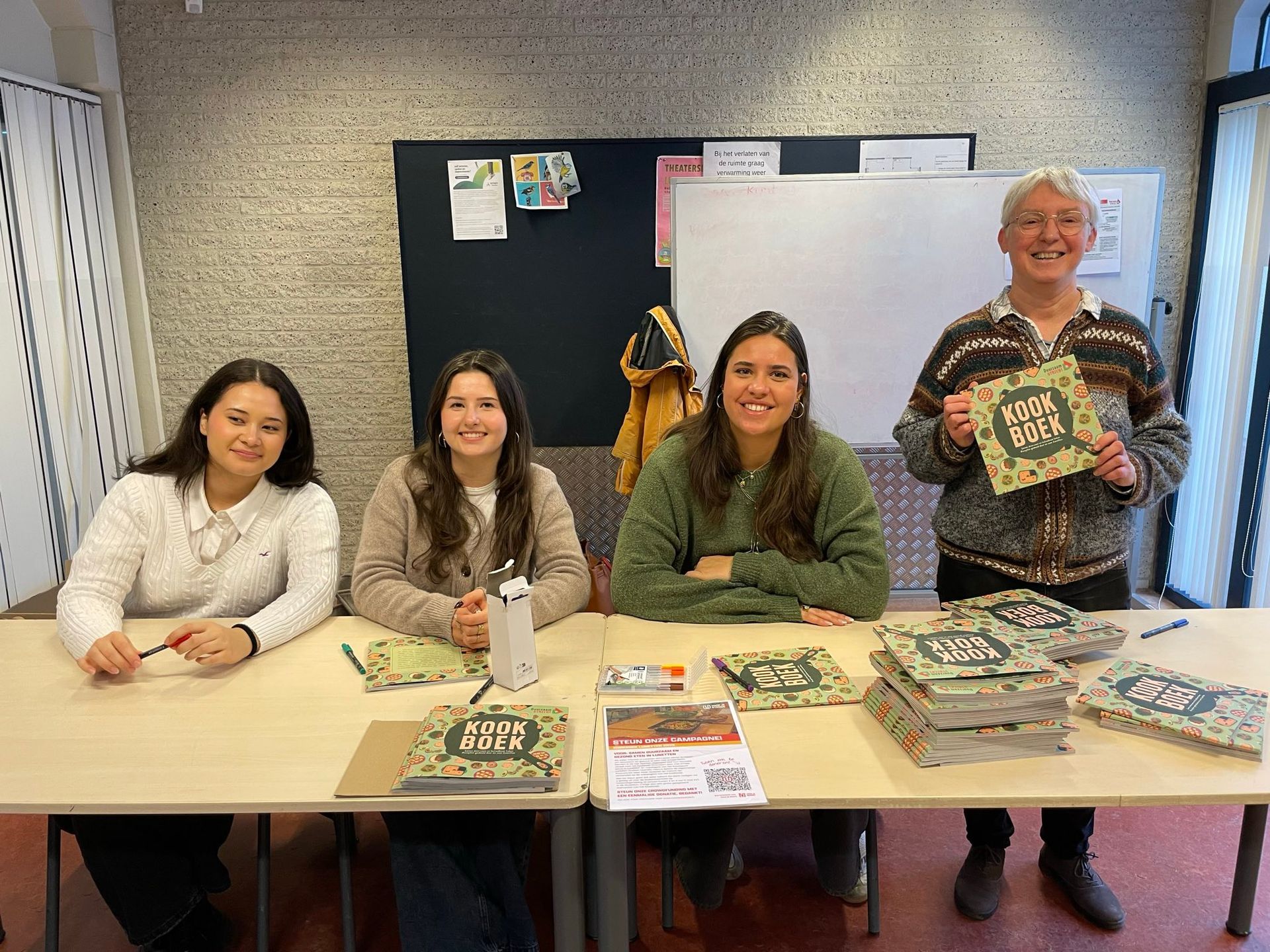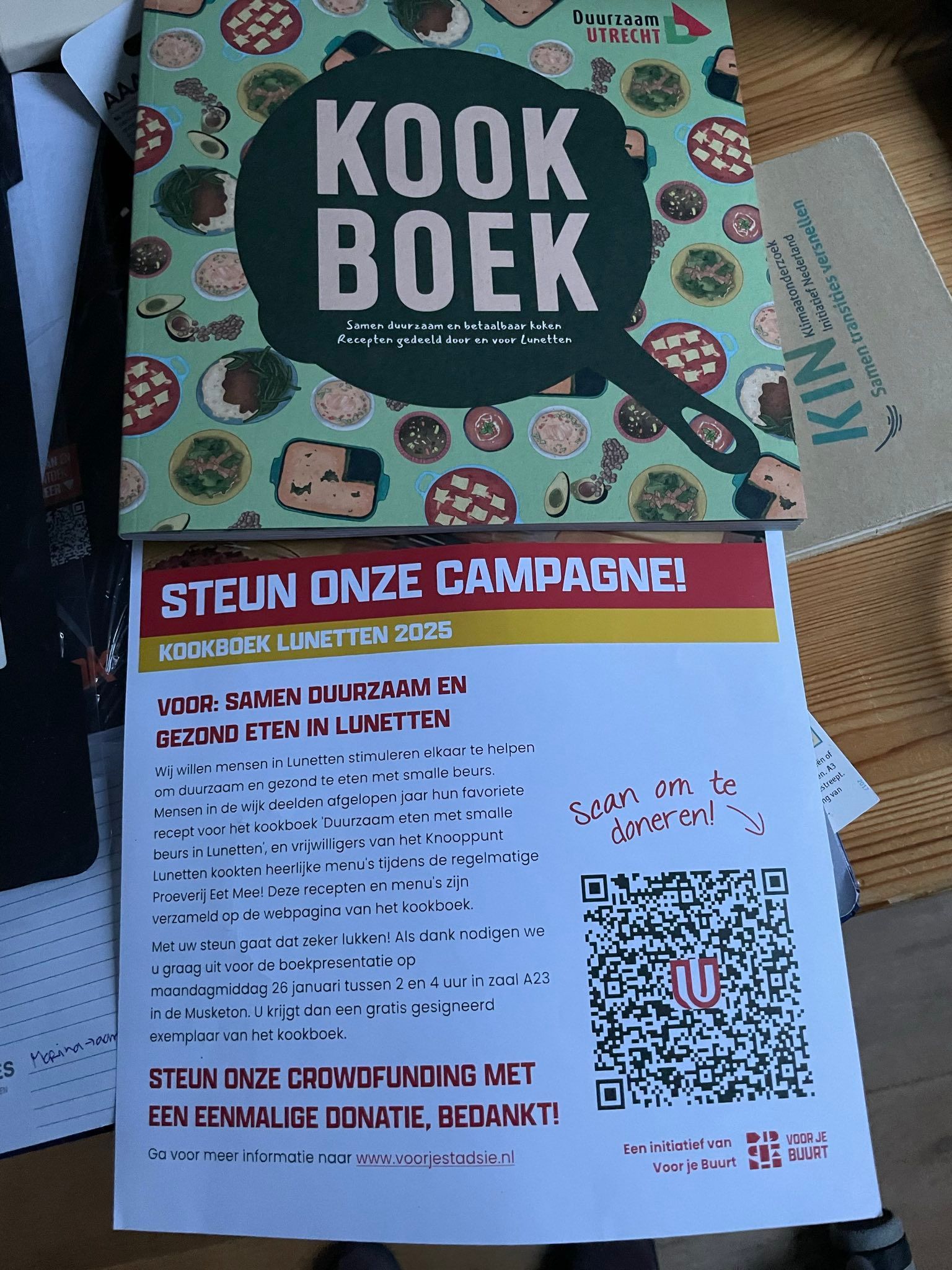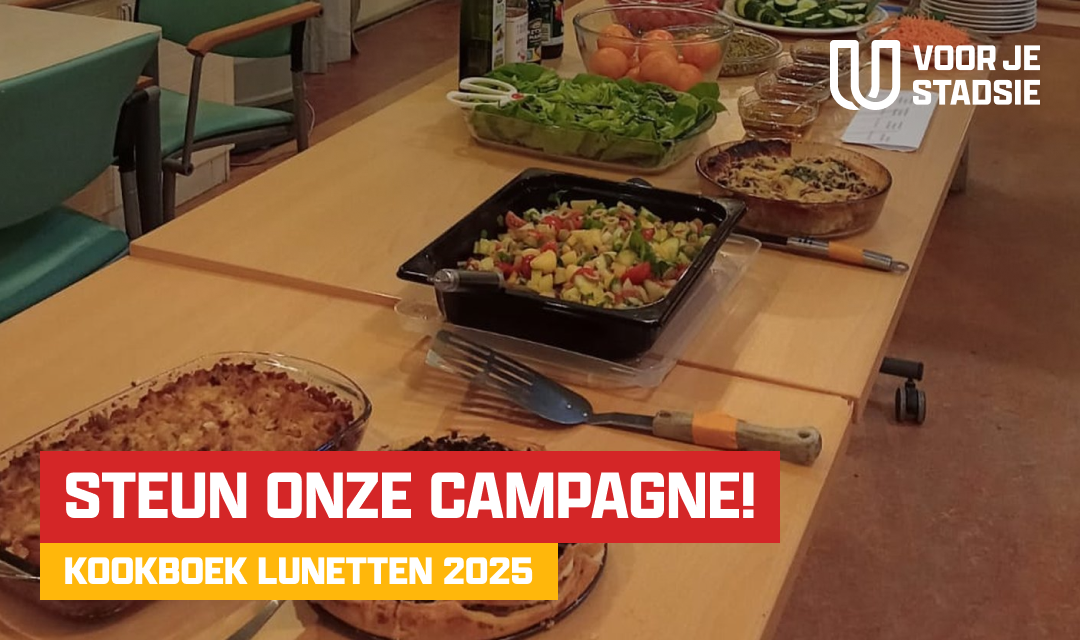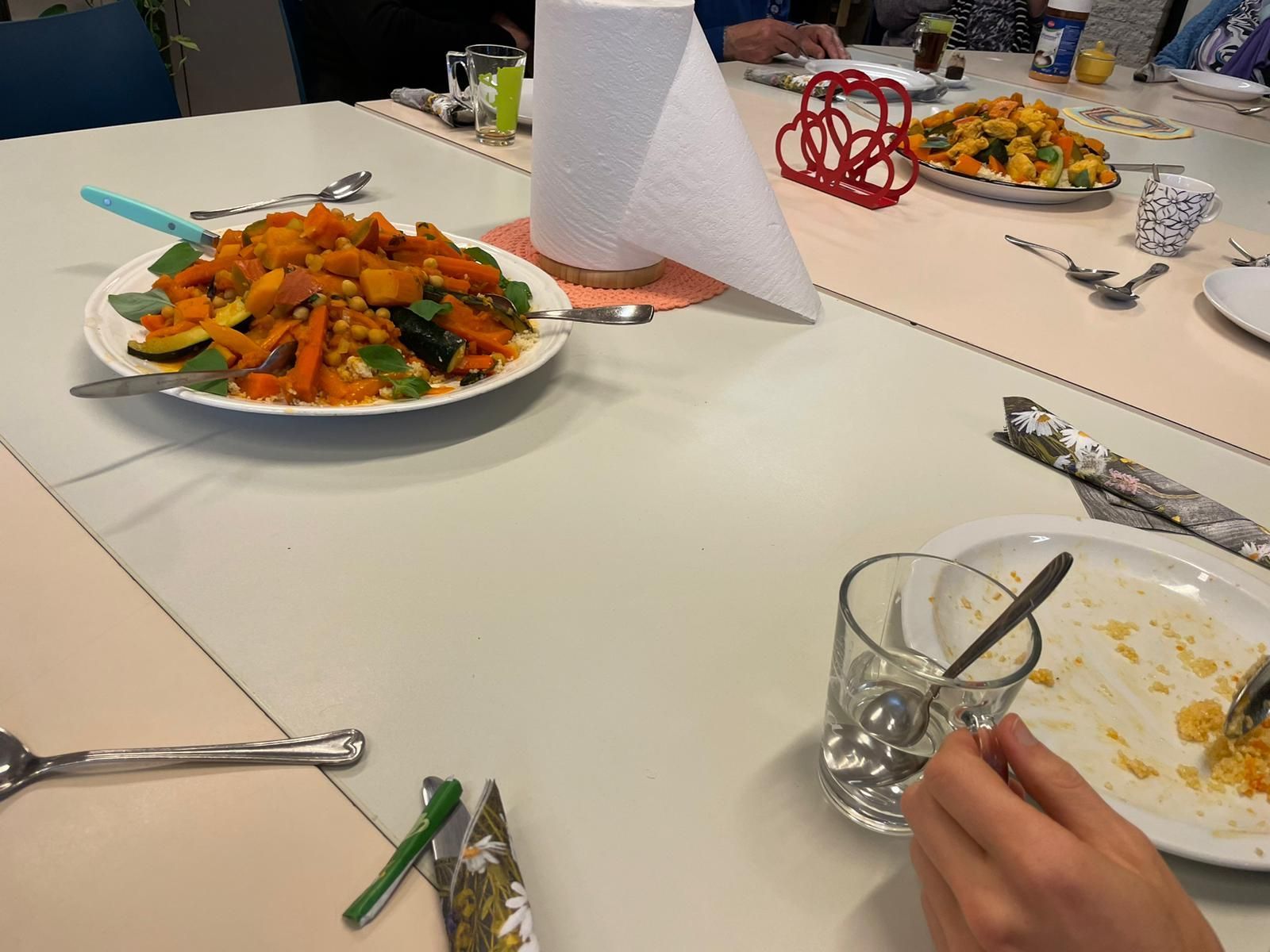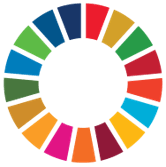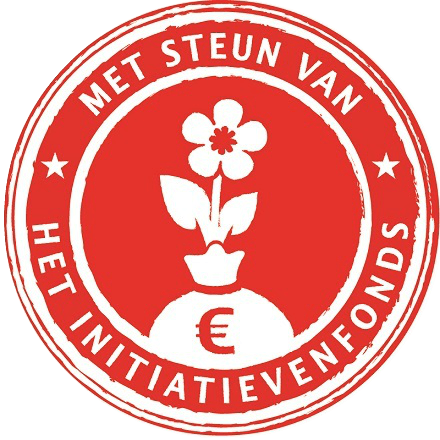Catholic Utrecht could be more sustainable
Suggestions for greening churches in Utrecht
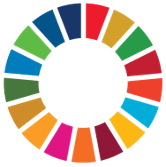
During the parish day in the Rafael church on 18 September, Catholics in Utrecht discussed how churches, can contribute to a sustainable, socially just and climate-neutral Utrecht by 2030, in collaboration with fellow citizens and organizations. After a short introduction to the project Sustainable Utrecht 2030 and explanation of a role play, five participants talked to Ineke Malsch and each other. In the corridors, another five to ten of about 500 attendees gave their opinion on sustainability and the role of churches and parishioners. The following suggestions bubbled up.
Municipal politics
The municipality should build the city less full and create more green areas in the neighborhoods. Several people are against expanding the city and want less ambitious growth plans.
Own activities
All participants are actively involved in one or more of the Roman Catholic faith communities in Utrecht (a.o. Rafael, Nicolaas-Monica-Jacobus, English Mass and Aloysius). A participant promotes employment for people with disabilities, thus contributing to Sustainable Development Goals 8 (decent work and economic growth) and 10 (reducing inequality). Another person teaches online in the field of project management addressing health care and the environment, and is working on research in the field of sustainable cities (sustainable development goal 11).
Green Roman Catholic Church in Utrecht
Participants told about the following activities. Until February 2023, a group of environmental science students from HAS University of Applied Sciences is working on an advice to the parish council to make the Augustinus church more sustainable.
The Rafael church is already well-maintained. The parish council is considering a proposal to install solar panels on the roof, possibly in combination with energy storage in batteries. Feasibility depends on the future of the Roman Catholic Church in Utrecht and plans for church closure, on which decision making is in progress.
Participants suggested a number of concrete steps to make the celebrations and activities in our own churches more sustainable in the short term, including LED lamps, Fair trade coffee and tea, the heating lower in the winter, or closing some church buildings while celebrating Mass together in one building during the cold winter period. Afterwards, someone suggested that the Catharina cathedral might be better transferred to the Catharijneconvent because of high energy costs and relatively limited visitor numbers. Given the lively discussion a few years ago about this earlier intention of the parish council, this seems unlikely to happen.
Whether the Martinus+ magazine paid sufficient attention to sustainability was discussed. The editors regularly report on green churches and sustainable activities. Some participants missed reports about concrete sustainable activities of catholic faith communities in Utrecht, and about possible savings opportunities.
The number of believing immigrants from Catholic countries and communities is increasing. Their average age is lower than that of Dutch Catholics, which is why they contribute to the rejuvenation of the Roman Catholic Church in Utrecht. These people should be more involved in the dialogue on sustainability. Can more English articles be placed in Martinus+? Or can the entire magazine be automatically translated into English and placed on the website? The editors will think about it.
Some expect a more active role from the cardinal to lead the sustainability of the Roman Catholic Church. It is not clear what policy the Archdiocese of Utrecht is currently pursuing.
Green Roman Catholic Church
Several international organizations are trying to get churches and regional organizations around the table to talk about sustainability, including the Global Institute of Church Management and the University of Notre Dame (United States). In thousands of projects in the field of sustainable cities in the world, very few faith communities appear to be active. This is all the more poignant because the Roman Catholic Church is said to be the third largest landowner in the world. Nevertheless, not many catholic representatives are at the table at consultations about sustainable cities. If the Roman Catholic Church were to speak out about sustainability, this could accelerate the transition to a more sustainable world.
Background
The workshop Sustainable Utrecht 2030 was organized by Ineke Malsch and Chantal Pires-Gaspar Goetheer. The workshop took place on 18 September 2022, during the parish day of the Sint Martinusparochie Utrecht in the Rafaelkerk. Read more about Sustainable Utrecht 2030 here.


